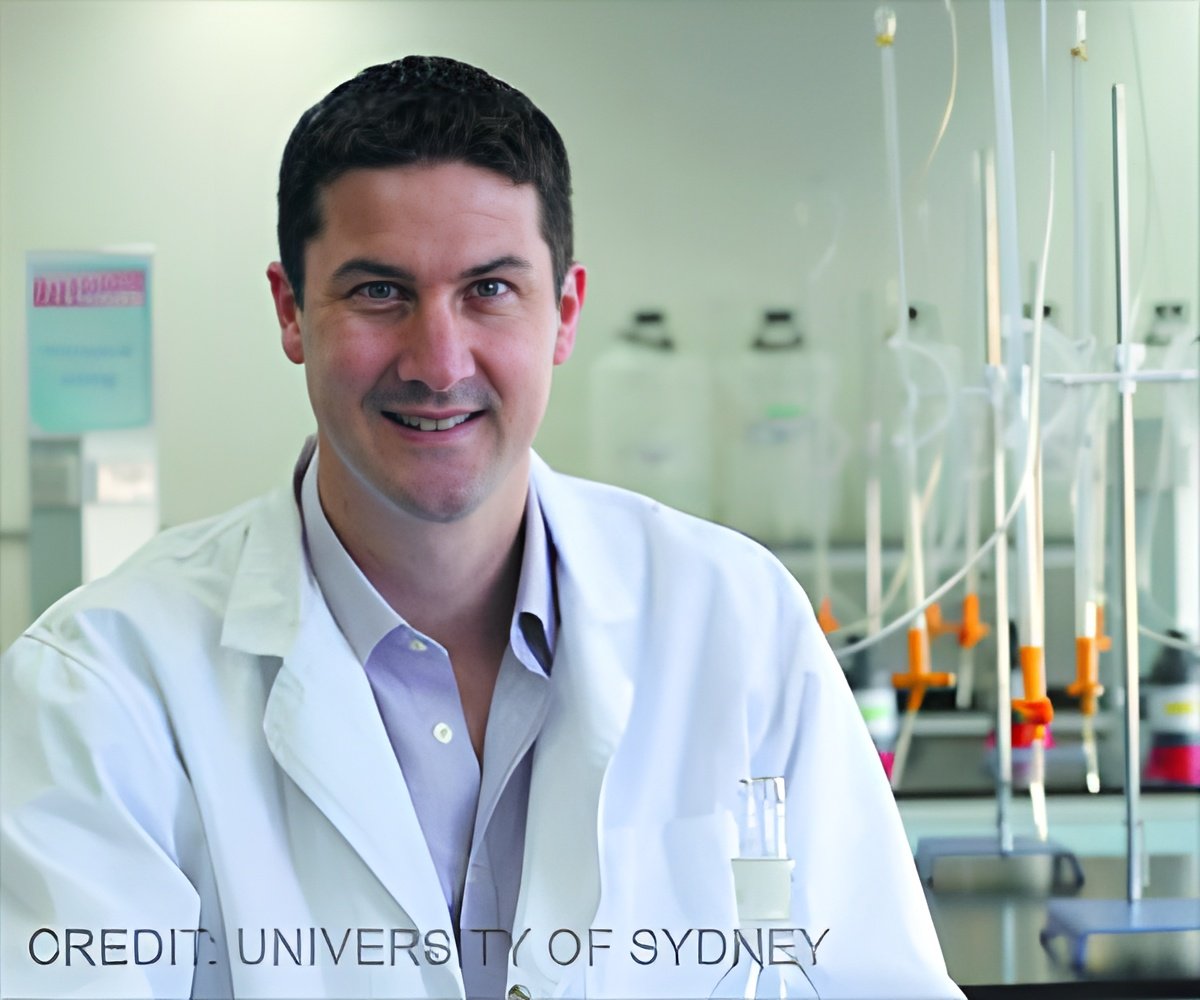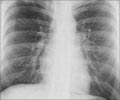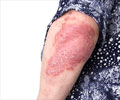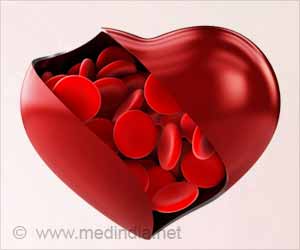Antibacterial compound from soil can be used for the treatment of tuberculosis, reveals study.

- Tuberculosis is a bacterial infection caused by Mycobacterium tuberculosis.
- Drugs used for tuberculosis are becoming resistant to the bacteria.
- Antibacterial compound obtained from soil can be a new drug lead for treating tuberculosis.
The study findings were published in the journal Nature Communications.
It was estimated that around 10.4 million cases of tuberculosis and 1.4 million deaths being recorded in 2015. Tuberculosis is found to have more number of deaths than any other infectious diseases including HIV/AIDS.
The commonly used drugs for tuberculosis are becoming increasingly resistant to the tuberculosis bacteria. Around 480,000 cases are found to be unresponsive to the two major drugs. More than 250,000 tuberculosis deaths are from drug-resistant infections.
Antibacterial Compound from Soil
The compounds from soil were found to prevent the growth of other bacteria. The research team was able to synthesize compounds with structural variations. These compounds are potent and are referred as ‘Analogues.’
These analogues are found to be effective killers for tuberculosis.
"Without a cell wall, the bacterium dies. This wall-building protein is not targeted by currently available drugs."
These findings can help to create a new TB drug. Further testing and studies are required for treatment.
Tuberculosis
Tuberculosis is an infectious disease caused by bacteria. TB infections are contagious and can spread mainly through air. People with a weak immune system are more prone to tuberculosis.
Symptoms of tuberculosis
- Bad cough
- Weight loss
- Fever
- Night Sweats
- Coughing of blood
References
- 10 facts about tuberculosis - ( http://www.who.int/features/factfiles/tuberculosis/10_en.html )
- Tuberculosis - ( https://medlineplus.gov/tuberculosis.html )
Source-Medindia














